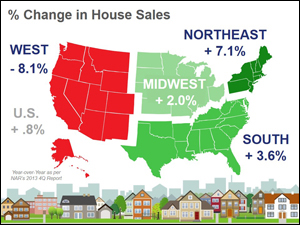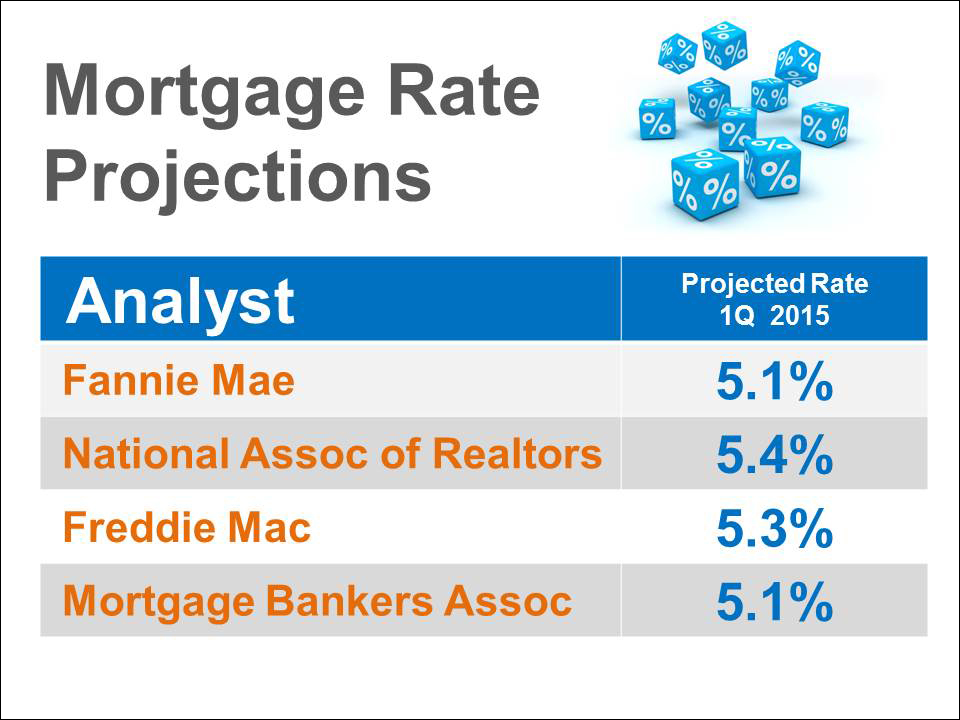Every Homeowner Needs One
|
|
A water meter key is like insurance; buy it before you need it.
Imagine a pipe has burst and there is water flowing like a river through your home. There may a cut-off valve to each sink if it works and if that’s where the leak is coming from. Your home may have a master cut-off valve but if you haven't used it before, you might not know where it is. The last resort is to cut off all the water to your house at the meter.
In most cases, you'll need a key to get into the meter. With water starting to rise in your home, concern over the damage being done may add to your anxieties. You don’t have time to call a plumber or even go the store to buy a water meter key.
Emergencies are handled much better when you plan for them in advance and practice, even though you hope you’ll never need it.
1. Determine what kind of key you need to open your water meter.
2. Purchase it at the home improvement or hardware store.
3. Practice opening the meter to be able to do it quickly and easily.
4. If your meter key doesn’t have a wrench on one end, you need a wrench to turn the water valve.
5. Practice turning the water off just to see how it works and feels.
6. Put the key in an obvious and conspicuous place.
7. Have the phone number of an emergency plumber, just in case you need it.
While you’re planning for the unexpected, it might be a good idea to show some of the other family members how it works and where you keep the key.






